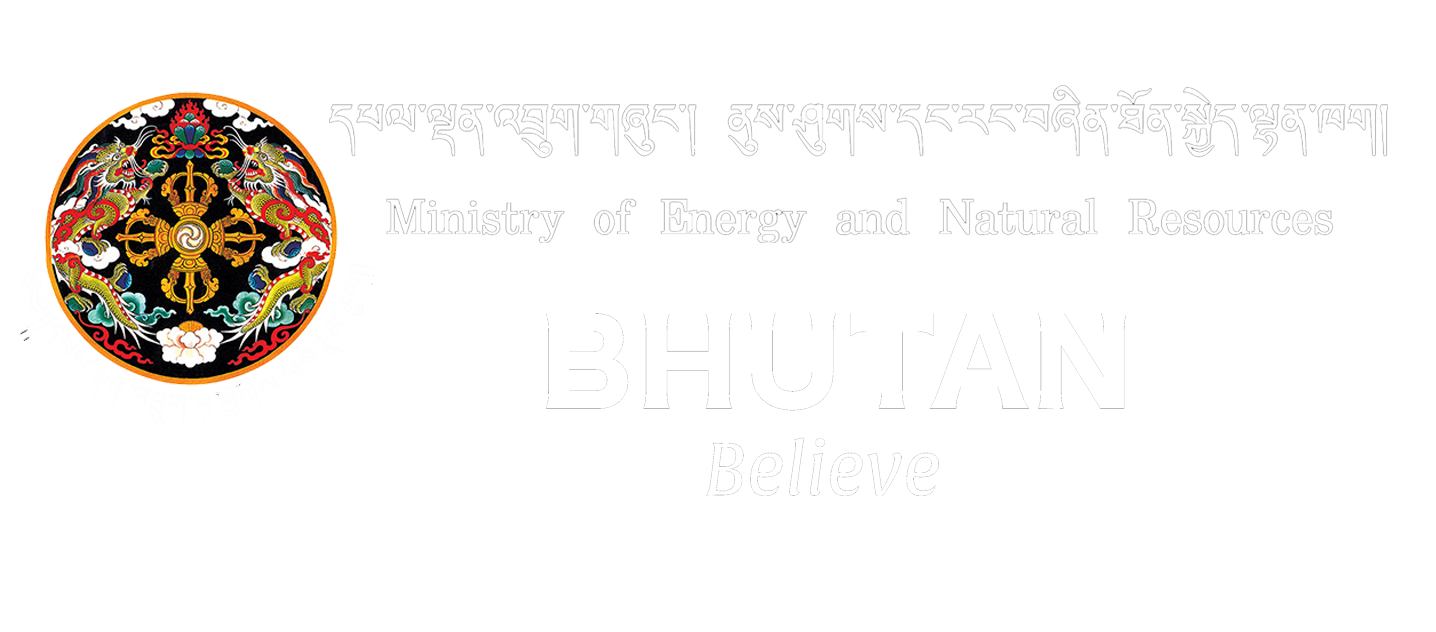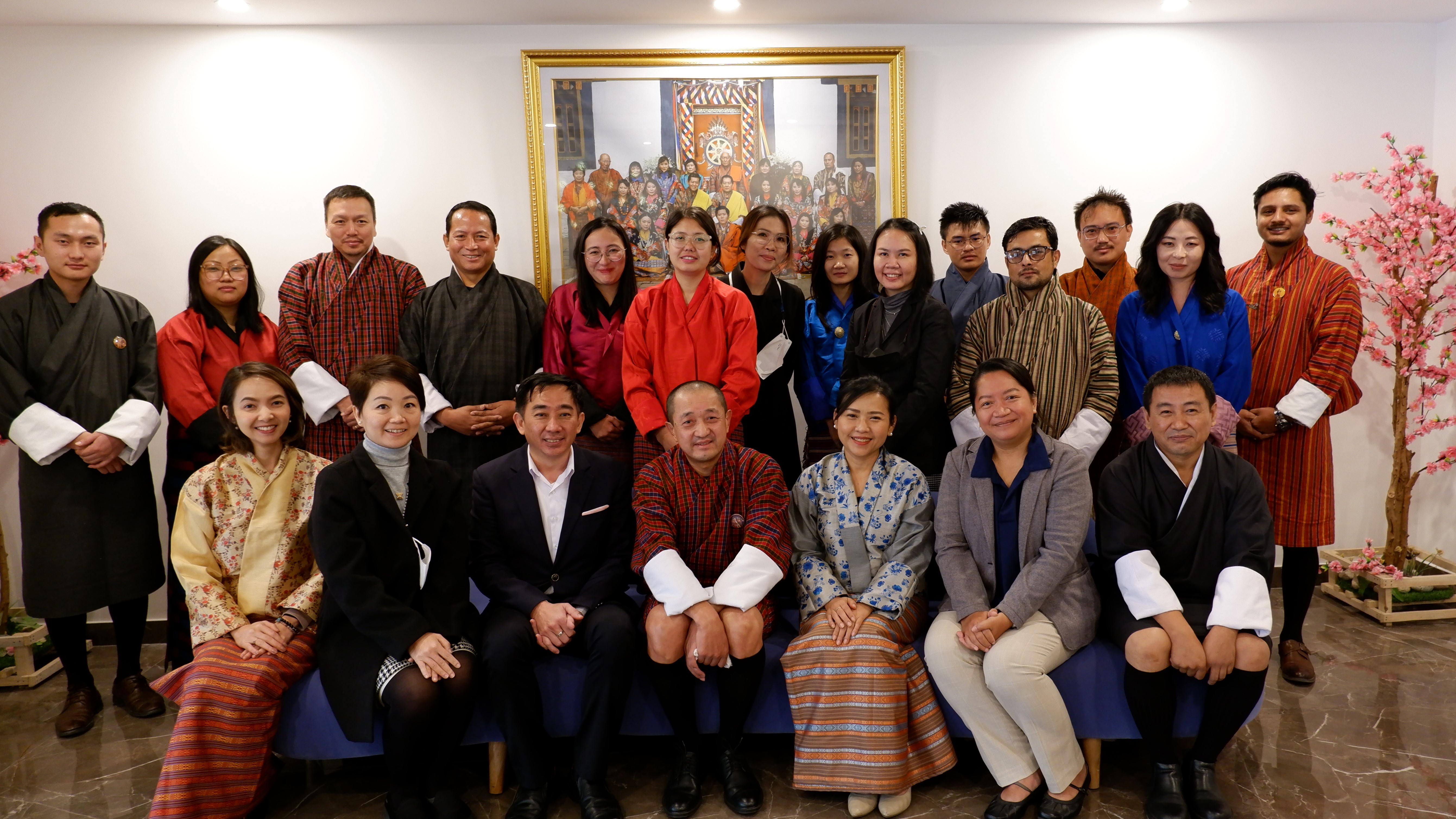Public procurement accounts for around 60 to 70 percent of the annual government budget or roughly about 21 percent of the GDP. According to the Annual Report of the Construction Development Board (CDB), in the FY 2021-2022 alone, the RGOB invested more than Nu. 8.96 billion in public infrastructure.
While industrialization is critical for economic growth, it does have deleterious impact on our natural environment. Therefore, to achieve growth sustainably, there is a need to invest in production, distribution and consumption methods and systems that have the least ecological and carbon footprints.
The Royal Government of Bhutan is part of the project SCP Outreach in Asia – The Next Five (SCP Outreach), which is financed by the German Federal Ministry for the Environment, Nature Conservation, Nuclear Safety and Consumer Protection (BMUV) and executed by the DeutscheGesellschaft für Internationale Zusammenarbeit (GIZ) GmbH and implemented by participating countries (Cambodia, Lao PDR, Vietnam, and Bhutan). The Office of Consumer Protection (OCP) is the Project Implementation Unit (PIU) and is closely supported by agencies such as the Bhutan Standards Bureau (BSB), Department of Procurement & Properties (DPP), Ministry of Works & Human Settlement (MOWHS) and the National Environment Commission (NEC). Specifically, the project is focussed on the two very important aspects of sustainable consumption and production, namely, Green Public Procurement and Eco-labelling.
One of the first steps in establishing a green public procurement system in a country is to put in place environmental criteria for products and services. Such criteria or standards will help consumers and procurers choose products and services that meet these prescribed environmental criteria.
Public authorities are major consumers and by using their purchasing power, they can influence that way goods and services are produced and distributed. This will push producers to change and invest in technologies, processes and systems that comply to the environmental criteria. Meanwhile, those producers and service providers that fail to adapt to changing market demands risk being left behind in the future.
To this end, a workshop titled ‘Criteria Development for Green Public Procurement and Eco-label in Bhutan’; was organized jointly by GIZ Outreach Office, Thailand and the Office of Consumer Protection from 24th- 26th October, 2022, with resource people from Pollution Control Department, Government of Thailand and the Thailand Environment Institute (TEI).
Construction materials constitute a predominant proportion of goods procured and used by public agencies, and among these cement and steel are the most significant ones. Therefore, the workshop focused on the development of environmental criteria for cement and steel.
Participants came from government agencies such as BSB, MOWHS, MOF, technical colleges of the Royal University of Bhutan (RUB) and prominent public and private companies involved in the production of steel and cement such as M/s Palden TMT, M/s Lhaki Cement, Penden Cement Authority Limited and Dungsam Cement Ltd.
The long-term vision of this project is to create, introduce and establish a framework of sustainable production and consumption in Bhutan; wherein Green Public Procurement becomes a norm; though compliance to the environmental standard / criteria is intended to be purely voluntary, at least for now.

